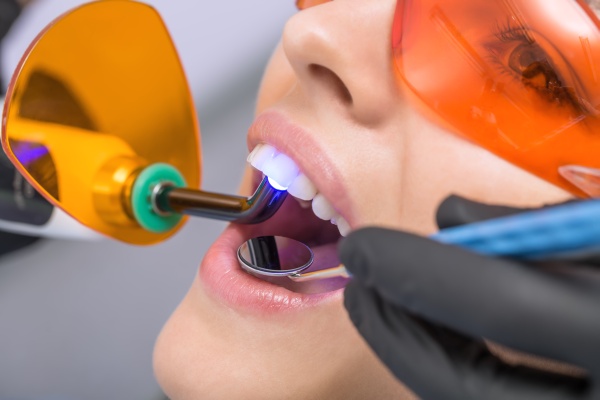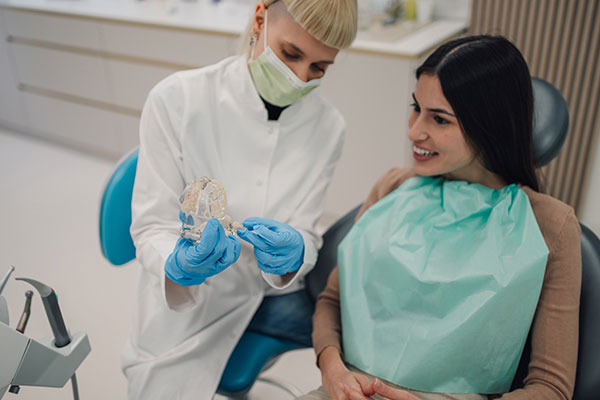Teeth Whitening Products: Toothpastes, Mouthwashes and Toothbrushes

Teeth whitening has become a very popular practice in modern society. The teeth are one of the most frequently seen parts of the body. Discolored or stained teeth can be very unattractive and can make affected individuals suffer from an inferiority complex.
What is teeth whitening?
Teeth whitening is the process of removing stains or discoloration from the teeth without causing any eroding to its surface. Teeth whitening is usually carried out by a dentist, although home teeth whitening agents currently exist. Teeth whitening agents (at home) should be used with care and should be carefully assessed before usage.
The target of teeth whiteners is the enamel. The enamel is the outer layer of the outward portion of the tooth. Stains and discoloration usually occur when the enamel is covered by peripheral coatings. This could be after eating or from the natural action of microorganisms.
Many teeth whitening products exist in the market today and can easily be purchased online or in stores. Some important teeth whitening products include toothpastes, mouthwashes, and toothbrushes. These products have their own individual characteristics and effects on the teeth.
Whitening toothpastes
Whitening toothpastes are basically improved versions of the conventional toothpastes. Whitening toothpastes can effectively remove surface stains but usually cannot remove deeper stains. Whitening toothpastes are made up of chemicals which dissolve stains and abrasive agents that aid in bringing out the teeth's natural glee.
Characteristically whitening agents do not contain hydrogen peroxide, unlike most mouthwashes, which do. To have an optimal effect, whitening toothpastes should be used to brush twice daily. If used regularly for a period of 6 weeks, whitening toothpastes can make the teeth significantly whiter. Before purchasing a whitening toothpaste, always check to see if it has been approved by a licensed dental organization.
Whitening Mouthwashes
Majority of mouthwashes are made from hydrogen peroxide. This is due to hydrogen peroxide producing free radicals. The free radicals combine with molecules on the teeth, forming larger compounds which are then dissolved and washed away. Additionally, most mouthwashes contain minerals that improve the overall health of the teeth.
Whitening mouthwashes, when used with an effective whitening toothpaste, can achieve tremendous results. They will not only make the teeth whiter but will also equally improve the health of the tooth and oral mucosa.
Toothbrushes
Toothbrushes are very important in any teeth whitening process. Whitening products such as whitening toothpastes and mouthwash are very effective but lack the direct friction that toothbrushes have on the teeth. Toothbrushes, when used with an effective whitening toothpaste, can effectively remove stubborn stains and any other coatings on the teeth.
Teeth whitening is very difficult to achieve when an inadequate toothbrush is used. For optimal results, it is advised that a toothbrush with extra polishing action is used. An effective toothbrush for teeth whitening should possess polishing bristles that aid in stain removal.
There are many kinds of toothbrushes. They include the sulcabrush, interdental brush, end tuft brush, chewable toothbrush and electric toothbrush. The electric toothbrush is growing in popularity because of its added effectiveness.
When carried out effectively, teeth whitening can reap enormous dividends, especially when the right products are used.
Request an appointment in our Chester dentist office here: http://thechesterfielddentist.com.
Check out what others are saying about our dental services on Yelp: Teeth Whitening.
Recent Posts
Minor to moderate teeth stains can be removed with professional teeth whitening. However, to achieve ideal results, there are certain things to avoid after treatment, such as foods and drinks that can cause stains. The following overview discusses five things you should avoid to keep your smile bright after teeth whitening treatment.You can reduce the…
Teeth whitening involves the application of a whitening agent to brighten your smile. Before the procedure, there are some things you can do to help you properly prepare for treatment. This review discusses how you can prepare before a teeth whitening treatment to ensure the safest and most effective results.Every patient will have a unique…
Professional teeth whitening treatments are monitored by dental professionals, ensuring the procedure is as safe as it can possibly be. While there are some potential side effects, most patients do not experience any notable discomfort or harmful side effects after professional teeth whitening from a licensed dentist.There are different types of teeth whitening. There are…
Tooth decay and teeth whitening treatments simply do not mix. The bleaching agents used for the treatment weaken enamel. That can lead to discomfort and damage to teeth structures if the patient has existing issues like cavities. If the patient’s teeth are healthy, the procedure only leads to temporary increased teeth sensitivity that should go…


